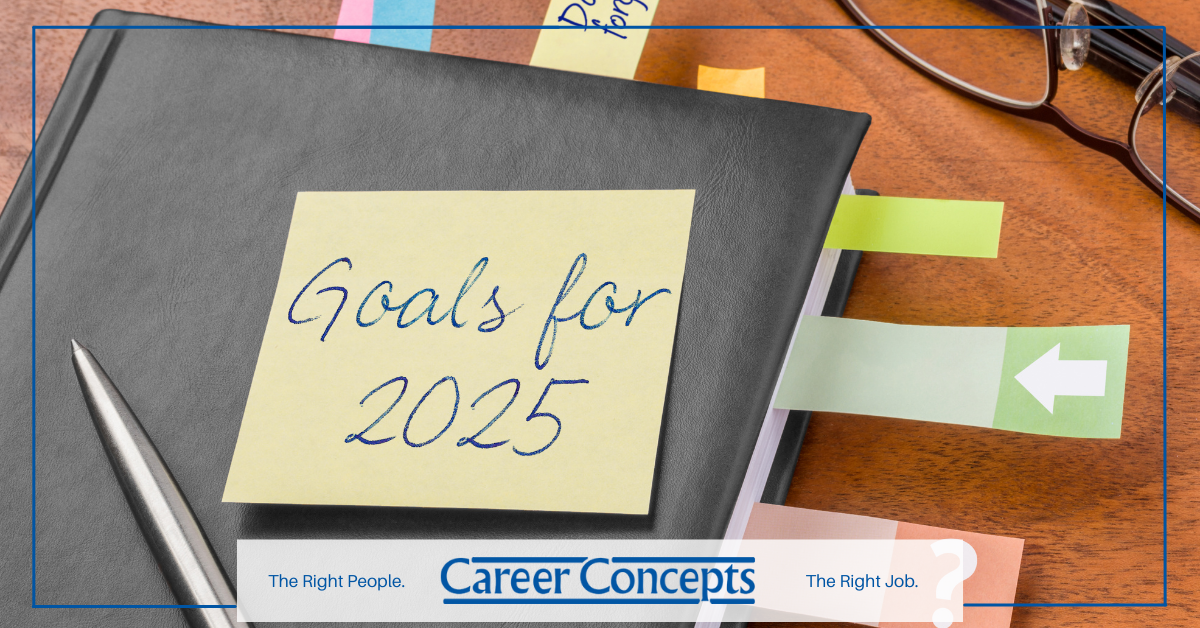5 of the Worst Things You Can Do in Your Job Interview [Part 2]

Job interviews can be nerve-wracking, so it’s understandable if you make a boneheaded mistake due to being nervous.
What you don’t want to do is make a big mistake that has nothing to do with nerves. For instance, you can’t really chalk up being an hour late to being stressed out.
Bad, unforced errors not related to nerves are typically due to a lack of preparation. Below is a list of the five worst moves you can make in an interview and how to prepare so you can avoid them.
1) Arriving late
First impressions are critical and there’s virtually no excuse for arriving late to your interview appointment.
Unless being late is tied to some unforeseen incident, it’s pretty much a deal-breaker; you’ve shot yourself in the foot before setting foot in the company. If you can’t show up on time for an interview, this does not bode well for your future performance as an employee.
Don’t let the interviewer make assumptions about your abilities by arriving late.
Instead, thoroughly plan out your routine ahead of your interview appointment, giving yourself enough time to account for traffic or anything else that might hold you up. If possible, do a ‘dry run’ the day before your interview.
2) Wearing something inappropriate
Many of today’s workplaces are pretty casual, at least compared to the Mad Men days. Nobody is expecting you to show up in a three-piece suit. However, that doesn’t mean it’s ok to show up in ripped jeans and a Metallica T-shirt.
The safe bet is to dress overly professional: A clean, well-fitting suit is almost never a bad move. Avoid flashy colors and anything that might be considered too revealing.
3) Trashing a previous boss or employer
If you talk bad about a past supervisor or employer, you’ll likely be seen as a complainer or a potential office gossip. Almost everyone has a bad job experience in their past and the best way to talk about such a situation in a job interview is to focus on what you learned from the situation and how it allowed you to grow as a professional.
4) Not do any research
Your interviewers will expect you to talk about your background and what you could bring to the position if you were to be hired. Being able to do that requires research and preparation. Even if you’ve got your interview game on lock, each company and each job is different so there’s always something to research.
5) Checking your phone
For many people, checking their phone is a nervous tic or a way to fill in awkward silences. Therefore, if you have you phone out in an interview situation, it’s going to be very tempting to reach for that security.
Remove the temptation by planning to put your phone somewhere out of reach.
Are you ready for a new job? Contact the experts at Career Concepts and check out the jobs we have available on our job board!
Blog published date




